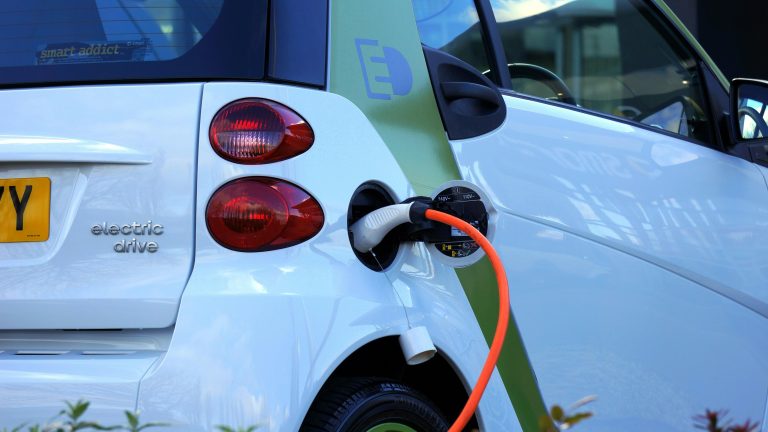Jakarta – The transition to electric vehicles (EVs) is increasingly seen as the golden key for Indonesia in realising a green economy. Not only does it have the potential to reduce carbon emissions, but the electrification of transportation is also believed to create hundreds of thousands of new jobs and ease the burden of national energy subsidies.
This issue was raised during the thematic session “Maximising the Economic and Social Benefits of the Electric Vehicle Transition” at the Indonesia International Sustainability Forum (IISF) 2025 on Saturday, October 11. The forum highlighted that the transition to electric vehicles is not merely a matter of technology, but also an interconnected economic, social, and fiscal strategy.
“Transportation electrification is the path to an efficient, independent, and low-emission energy system. Its impact is not only on reducing pollution, but also on fiscal efficiency through savings in fuel subsidies and the creation of green jobs,” said Ahmad Faisal Suralaga, Director of Downstream Strategy and Governance at the Ministry of Investment/BKPM.
Promote fiscal reform and energy efficiency
According to Faisal, downstreaming in the electric vehicle sector is now seen not only as an increase in export value but also as a creator of a sustainable industrial ecosystem. To date, more than 10,000 workers have been absorbed by ongoing downstreaming projects.
Meanwhile, Head of the Center for Industry, Trade, and Investment at INDEF, Andry Satrio Nugroho, believes that fiscal policy plays a vital role in accelerating the adoption of electric vehicles. One instrument that is considered adequate is the application of emission taxes, which can cover up to 111 per cent of potential state revenue losses due to EV incentives.
“With the emissions tax scheme, high-pollution vehicles are subject to disincentives, while low-emission vehicles are not burdened. This is not only fair, but also fiscally efficient,” said Andry.
INDEF analysis notes that the burden of energy subsidies and compensation for fossil fuel vehicles reaches Rp308 trillion per year, which is far greater than the potential loss of state revenue from electric vehicle incentives, estimated at only around Rp14.7 trillion.
Deputy Coordinator of the Secretariat for the National Energy Downstreaming and Security Acceleration Task Force, Dimas Muhamad, said that the success of the EV transition must rely on human innovation, not solely on natural resources.
A similar view was expressed by Gonggomtua Sitanggang, Director of the Southeast Asia Institute for Transportation and Development Policy (ITDP), who emphasised the economic benefits of electrifying public transportation.
According to him, the use of electric buses can save up to 30 per cent in operational costs, reduce residents’ mobility costs, and expand the reach of transportation services. “The ITDP study shows that the benefit-cost ratio (BCR) of public transportation electrification in Jakarta can reach 2.4. This means that every Rp1 invested generates Rp2.4 in economic and social benefits,” said Gonggomtua.
From an industry perspective, R Hanggoro Ananta from the Indonesian Electric Motorcycle Industry Association (AISMOLI) said that the transition to EVs will open up significant job opportunities in the manufacturing, conversion, and technology research sectors. Currently, AISMOLI oversees 57 member companies that are active in various lines of the electric vehicle industry. With the increasing adoption of EVs nationally, this sector is projected to create more than 150,000 new jobs by 2030.
“The transition to electric vehicles is not only an environmental agenda, but also one of economic independence for the nation. This is an opportunity to produce thousands of technicians and green workers who are ready to face the era of sustainable industry,” said Hanggoro. (Hartatik)
Banner photo: Mike Bird/pexels.com















